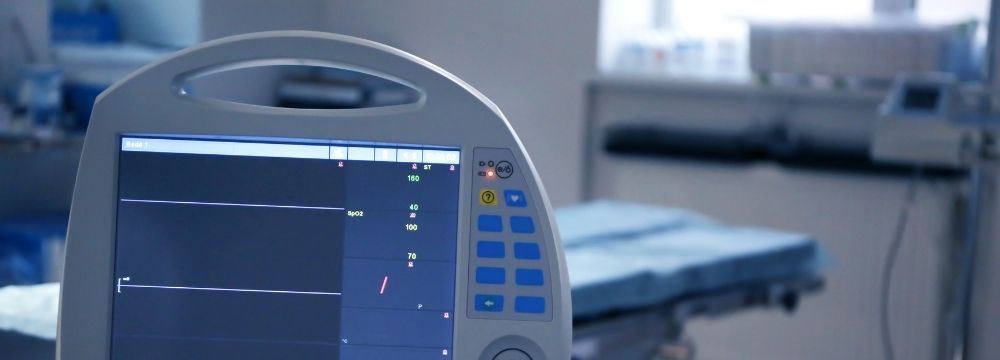Does AI Have a Place in Catheter Ablation Success?
April 28, 2022

If you’ve ever seen an EP lab, you will notice that it is one of the most advanced operating theaters of any medical specialty – humming with technology. And there is a good reason for this. Accurately mapping the structures and electrical signals of the heart requires incredibly advanced and robust technology. Not only must we ensure precise treatment of the areas of the heart producing the errant electrical signals, but we must also verify that our treatment has indeed worked. While one distinct benefit of cardiac catheter ablations that it can be performed more than once, we want to minimize the number of procedures performed, for the sake of our patients’ comfort and convenience.
Cardiac catheter ablations, like any treatment, are not 100% effective for all patients. A minority of patients may not experience the full benefit of the ablation or may have to return for a second procedure. Advanced artificial intelligence technology has begun to address this issue by using computing power to monitor the electrical firings of the heart in real-time, during the ablation, and processing the data on the spot. Using algorithms based on our knowledge of cardiac arrhythmias, these computer programs can often help the electrophysiologist pinpoint areas of concern that would otherwise not have been apparent.
Is AI the Future of Electrophysiology?
The short answer is yes, and no. Artificial intelligence is a powerful tool that uses the significant data we generate during every procedure to improve outcomes. However, this is also one of its drawbacks. There, there is genuinely no substitute for the knowledge of a highly trained and experienced electrophysiologist who has performed hundreds of these procedures. It is worth noting that cardiac arrhythmias are as unique as the patients that have them, and while many are standard cases, some are complex that require critical thinking and out-of-the-box solutions.
With the incredible advancements in technology electrophysiology, we have made the treatment of cardiac other arrhythmias far safer and more effective than ever before. Dr. Banker welcomes new technology in the quest to get to successful treatment levels up to 100% and in fact regularly participates in new techniques and technologies as they come to market.
We look forward to seeing how trials for these AI-based enhancements proceed and are excited to bring you those results once they are published and available.


